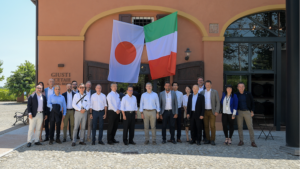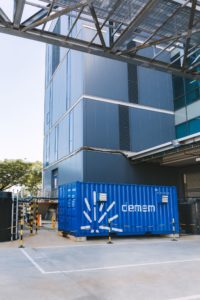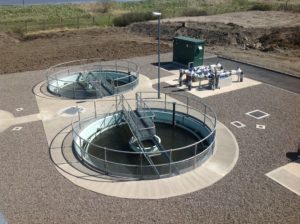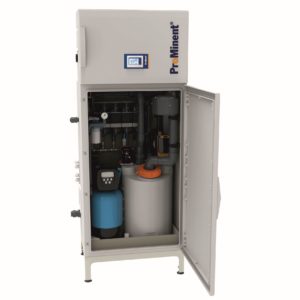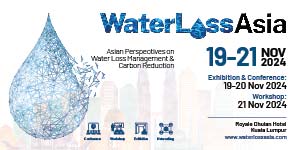CIP Micropollutants Research Published by UKWIR
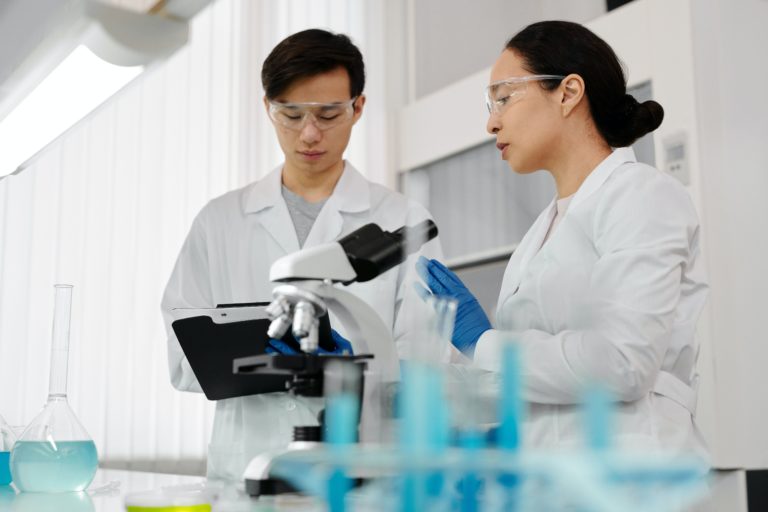
CIP micropollutants research published by UKWIR. (Image source: UK Water Industry Research (UKWIR))
UKWIR has added the extensive dataset to the CIP database on its website. Access is open to anyone, from the public at large, to academics, consultants, government departments and regulators, aquatic and environmental specialists, local community groups and river partnerships.
“These reports aim to improve understanding of how effective treatment processes are at removing trace chemicals at coastal and transitional water bodies, as well as exploring the additional complexity around emerging issues such as microplastics,” explained Mark Craig from Severn Trent, who is the industry representative for CIP, and UKWIR’s co-lead for the Wastewater Big Question.
“The CIP3 investigations were designed to explore the challenges faced by the water industry - including sources of chemicals, microplastics, antimicrobial resistance - as well as emerging and watch list substances. The findings will be critical to advancing the sector’s understanding of the sources of pollution and what actions are needed to tackle it in our waterways,” added Craig.
CIP is the UK water industry’s response to current and emerging legislation on trace substances in the water environment. For more than a decade it has brought together the water and wastewater companies in England and Wales with the various regulators in a collaborative programme.
The £190 million CIP programme launched in 2010 to investigate a range of chemical substances that find their way into sewage and biosolids and reach rivers and streams. The first phase of the programme was focussed on the needs of water companies and regulators, and provided insights into the sources of contaminants found in sewerage systems and the effectiveness of current treatment processes in reducing effluent concentrations.
The second phase moved towards a more site-specific assessment of 600 individual discharges, with associated environmental sampling, pilot and feasibility trials of new treatment technologies and five catchment studies to evaluate catchment management options. This resulted in over 60,000 samples being analysed. Findings were used to inform UK and EU policy on potential costs of interventions.
CIP3 was designed to meet the obligations of the Water Industry National Environment Programme (WINEP) in AMP7 – the asset management plan for 2020-25. It was a collaborative programme under the direct guidance of a project steering group, which included water utilities and regulators, including Ofwat, the Environment Agency and Defra – the UK Government department for the environment. Water companies and the Environment Agency are in the process of finalising CIP4 - the next round of investigations.

